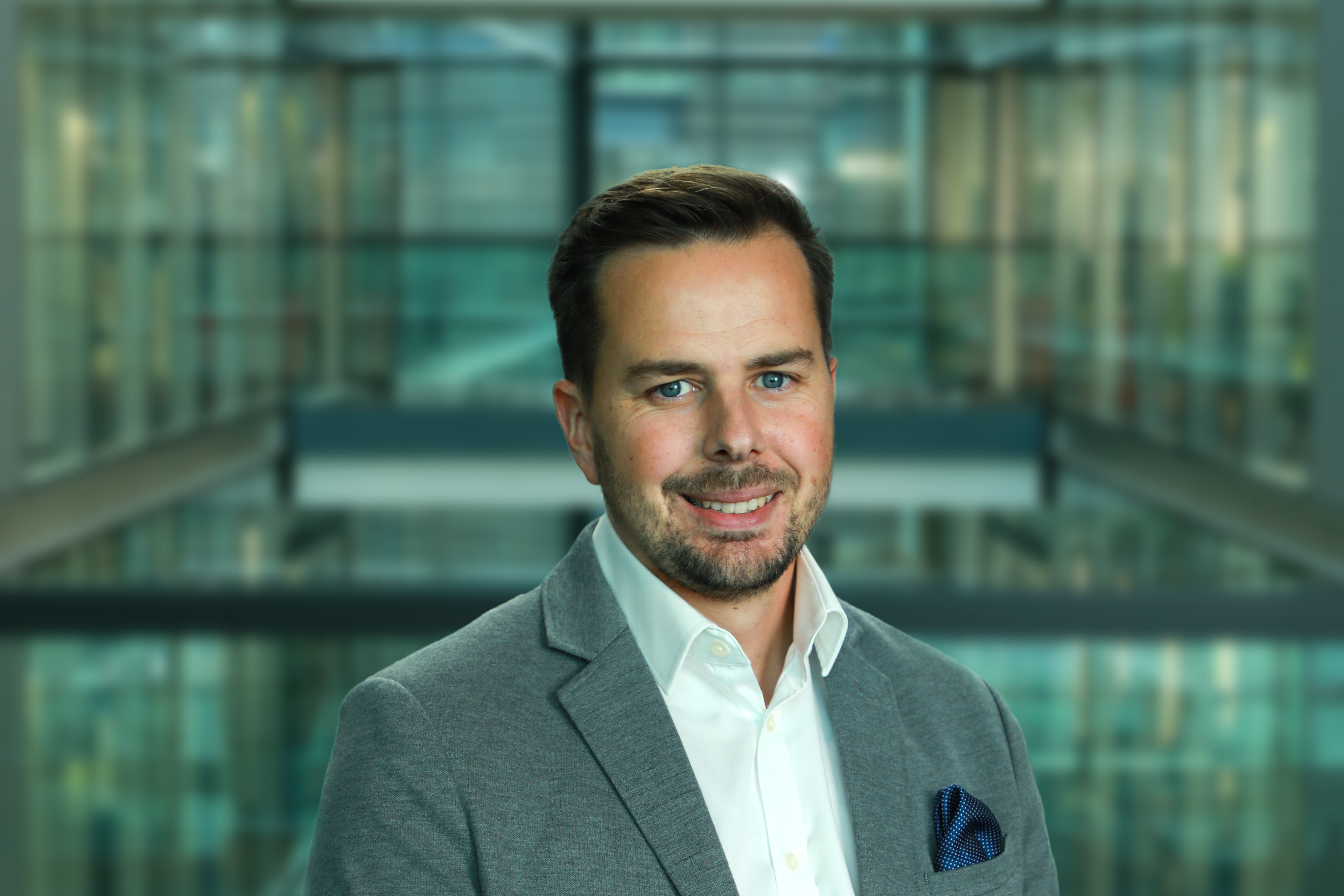EY refers to the global organization, and may refer to one or more, of the member firms of Ernst & Young Global Limited, each of which is a separate legal entity. Ernst & Young Global Limited, a UK company limited by guarantee, does not provide services to clients.
How EY can Help
-
Discover how EY's digital transformation teams can help your business evolve quickly to seize opportunities and mitigate risks. Find out more.
Read more
An emphasis was placed on humans at the center of the transformation, whether this be the agile methodology approach, the use of automation to release internal resources to core business areas, the support and governance via Microsoft application support or the use of data to improve customer communication.
The result is an on-going transformational collaboration, reduction of technical debt and a customer relationship management system that provides a foundation for growth and innovation at scale.
Suzuki has more than a century of engineering milestones behind them, selling to customers in the UK for over 50 years. Today, Suzuki GB PLC (Suzuki) is a wholly owned subsidiary of Suzuki Motor Corporation, and continues to sell cars, motorcycles, all-terrain vehicles and marine engines in the UK.1
With a recognizable heritage, reputation for consumer trust, and growing hybrid vehicle product line-up, Suzuki identified that their legacy system increased risk and hindered the company’s future growth.
Their customer service and marketing teams were relying on an outdated system built around multiple interfaces and third-party manual processing, which ran the risk of unreliable data, with customer communication and insights suffering as a result.
Suzuki understood there was a requirement to migrate their on-premises CRM system to the Microsoft Cloud to build a platform for growth, mitigate risk and increase automation. To reach these objectives, they chose the Microsoft platform and the EY Microsoft Services Group, part of the EY-Microsoft Alliance.
Russell Brown, Suzuki CRM Project Manager, explains: “Rather than run a straight migration, it made sense to review the processes and to improve usability and integration at the same time. The experience of the team in technology transformation helped consolidate and migrate legacy systems, maintain and continue to improve data quality, automate processes and mitigate risk, alongside continued support from the team via Application Support.”
To shape the future roadmap, the team used tools and apps from across the Microsoft ecosystem to support seamless data integration, to help achieve the goal of eventually moving toward a centralized system that offered a holistic view of the customer.
This enables Suzuki to continue developing a seamless, future-fit platform with a portfolio of business applications, including finance, supply chain and human resources.








